An open-source library that builds powerful end-to-end Entity Resolution workflows.
Project description


powerful end-to-end Entity Resolution workflows.
System overview
The purpose of this framework is to demonstrate how this can be accomplished by expert and novice users in an intuitive, yet efficient and effective way. pyJedai addresses the following task: Given a source and a target dataset, S and T, respectively, discover the set of links L = {(s,owl:sameAS, t)|s ∈ S ∧ t ∈ T}. Its architecture appears in the bellow figure. The first module is the data reader, which specifies the user input. pyJedAI supports both semi-structured and structured data as input. The former, which include SPARQL endpoints and RDF/OWL dumps, are read by RDFLib. The latter, which include relational databases as well as CSV and JSON files, are read by pandas. In this way, pyJedAI is able to interlink any combination of semi-structured and structured data sources, which is a unique feature. The second step in pyJedAI’s pipeline performs block building, a coarsegrained process that clusters together similar entities. The end result consists of a set of candidate pairs, which are examined analytically by the subsequent steps. pyJedAI implements the same established methods for similarity joins and blocking as JedAI, such as Standard Blocking and Sorted Neighborhood, but goes beyond all Link Discovery tools by incorporating recent, state-of-the-art libraries for nearest neighbor search like FALCONN and FAISS.

The entity matching step estimates the actual similarity between the candidate pairs. Unlike all other Link Discovery tools, which rely exclusively on string similarity measures like edit distance and Jaccard coefficient, pyJedAI leverages the latest advanced NLP techniques, like pre-trained embeddings (e.g., word2vect, fastText and Glove) and transformer language models (i.e., BERT and its variants). More specifically, pyJedAI supports packages like pypi:strsimpy, Gensim and Hugging Face. This unique feature boosts pyJedAI’s accuracy to a significant extent, without requiring any labelled instances from the user. The last step performs entity clustering to further increase the accuracy. The relevant techniques consider the global information provided by the similarity scores of all candidate pairs in order to take local decisions for each pair of entity descriptions. pyJedAI implements and offers the same established algorithms as JedAI, using NetworkX to ensure high time efficiency. Finally, users are able to evaluate, visualize and store the results of the selected pipeline through the intuitive interface of Jupyter notebooks. In this way, pyJedAI facilitates its use by researchers and practitioners that are familiar with the data science ecosystem, regardless of their familiarity with ER and Link Discovery, in general.
Dependencies

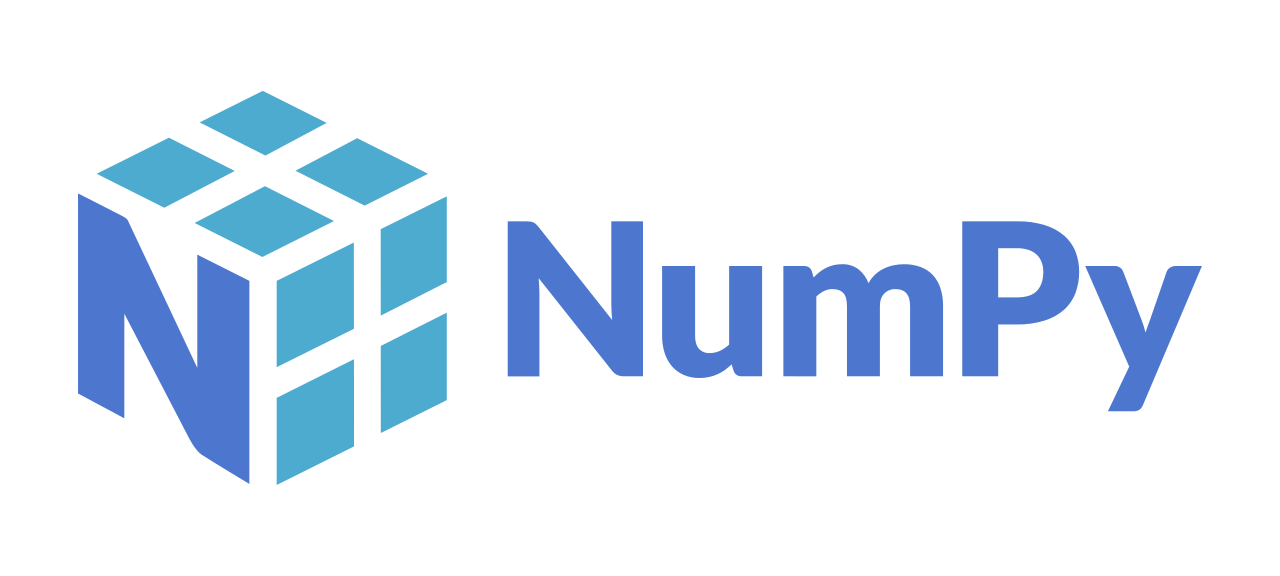
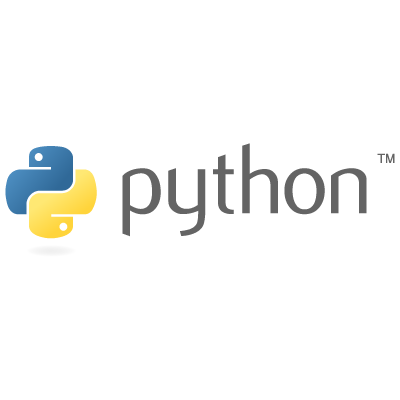
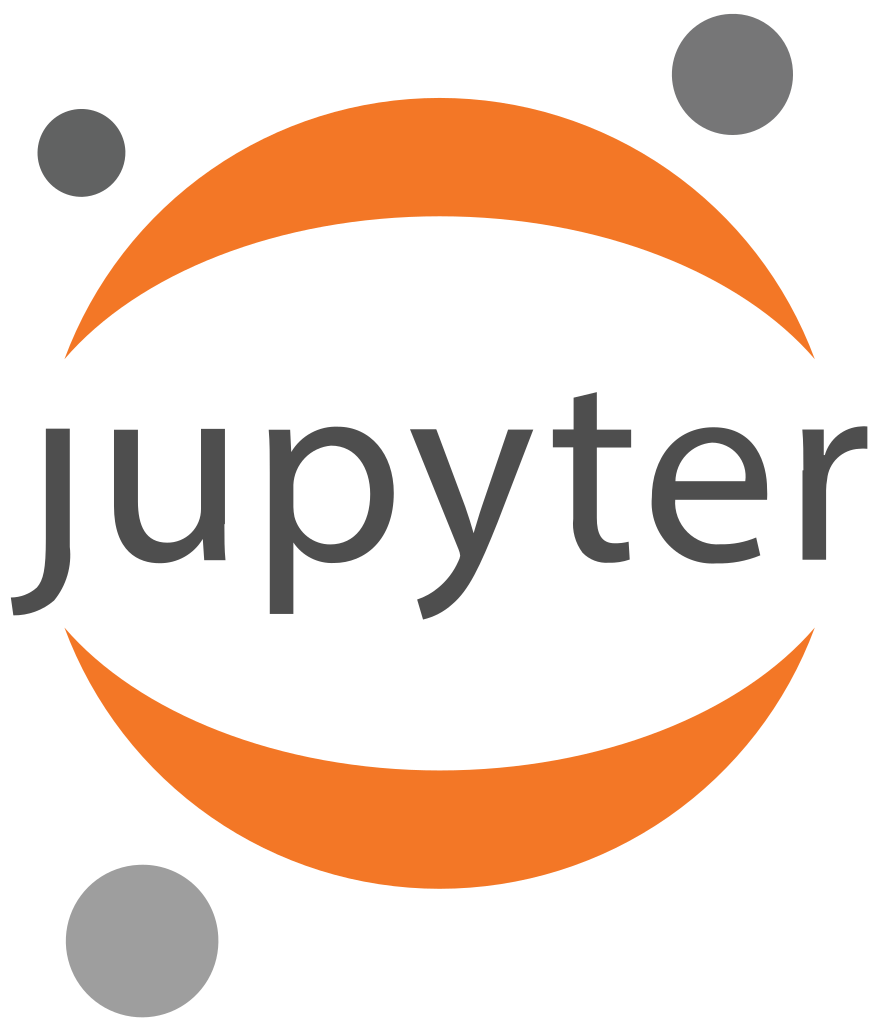

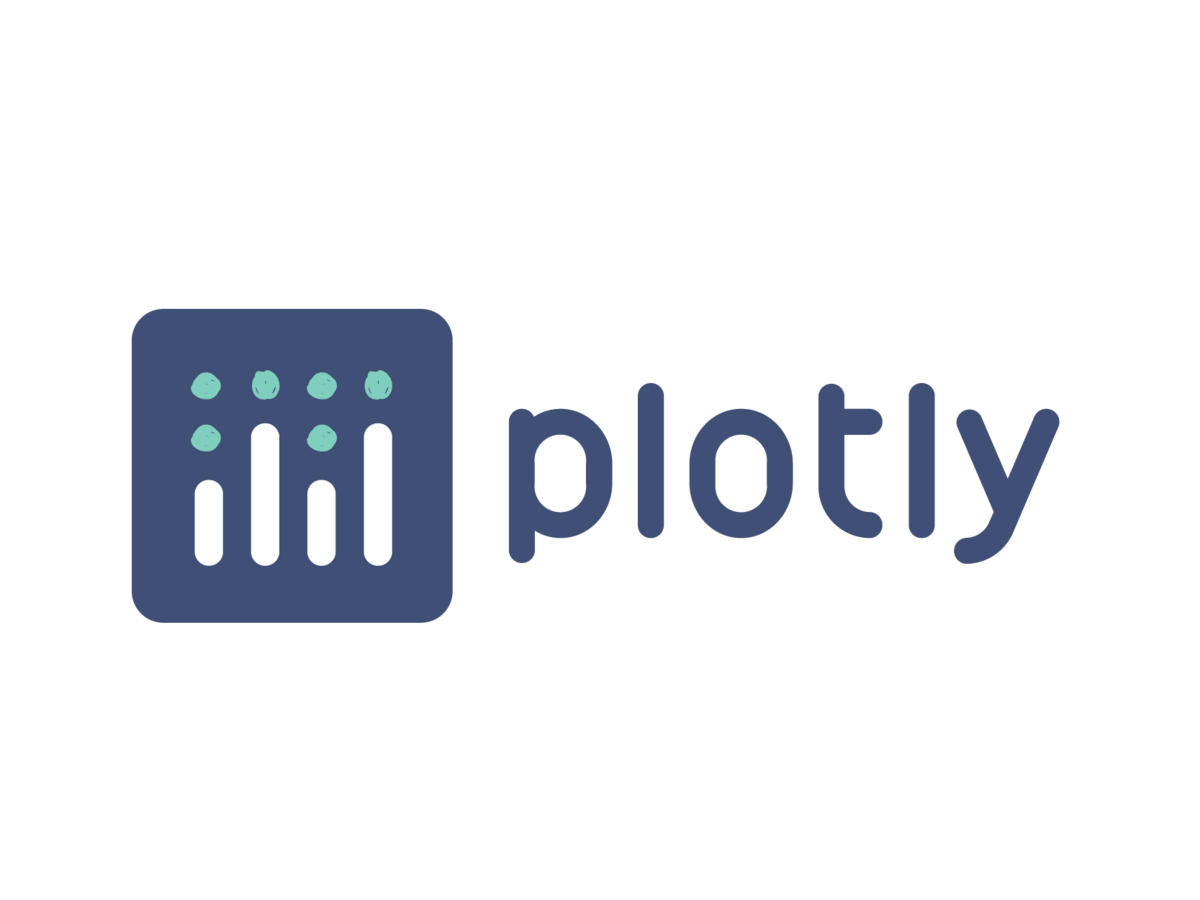


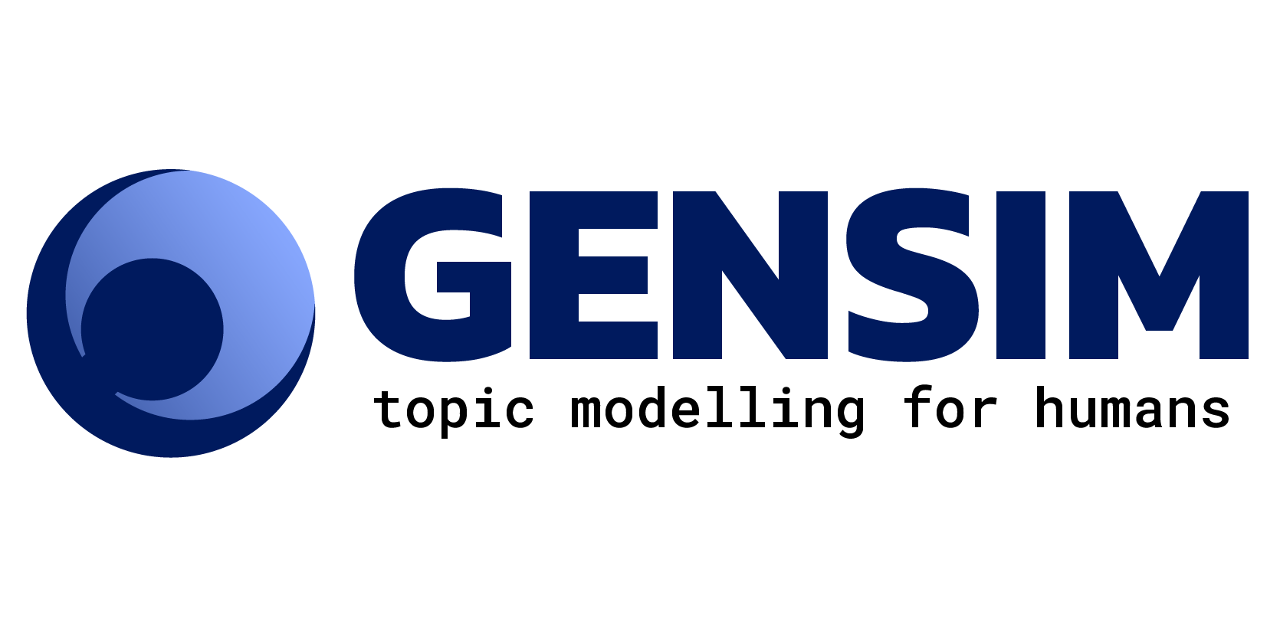


License: Apache-2.0 license
Made by: Konstantinos Nikoletos, George Papadakis and Manolis Koubarakis
Project details
Release history Release notifications | RSS feed
Download files
Download the file for your platform. If you're not sure which to choose, learn more about installing packages.
Source Distribution
Built Distribution
Filter files by name, interpreter, ABI, and platform.
If you're not sure about the file name format, learn more about wheel file names.
Copy a direct link to the current filters
File details
Details for the file pyjedai-0.0.2.tar.gz.
File metadata
- Download URL: pyjedai-0.0.2.tar.gz
- Upload date:
- Size: 37.9 kB
- Tags: Source
- Uploaded using Trusted Publishing? No
- Uploaded via: twine/4.0.1 CPython/3.10.5
File hashes
| Algorithm | Hash digest | |
|---|---|---|
| SHA256 |
5571efbdcb0698daae64c0511ff55807a77999f3cc6352ac351ee1d72fde6bbe
|
|
| MD5 |
80131afe20aaecdc12551494cdd15802
|
|
| BLAKE2b-256 |
e0258619a6ae2d9bed9e118c275cc6ac573c67a52ce9ee3f67df02dd5b89db7d
|
File details
Details for the file pyjedai-0.0.2-py3-none-any.whl.
File metadata
- Download URL: pyjedai-0.0.2-py3-none-any.whl
- Upload date:
- Size: 39.3 kB
- Tags: Python 3
- Uploaded using Trusted Publishing? No
- Uploaded via: twine/4.0.1 CPython/3.10.5
File hashes
| Algorithm | Hash digest | |
|---|---|---|
| SHA256 |
5bb7224ea7a1e220ced2e0653c5a9d478acaa84fb11795b9bcda935f2108d4fe
|
|
| MD5 |
62150e0a1329945b81f83111afd87b9d
|
|
| BLAKE2b-256 |
0cbe30aad351c9c145e68d0641e14775de5bd6feaa6936f737d13ca91c96d960
|













